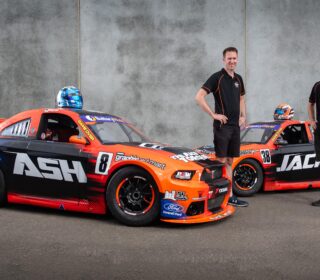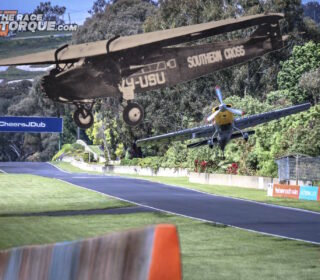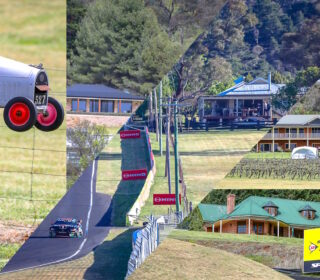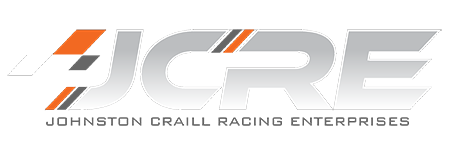What does it take to be a racing engineer?
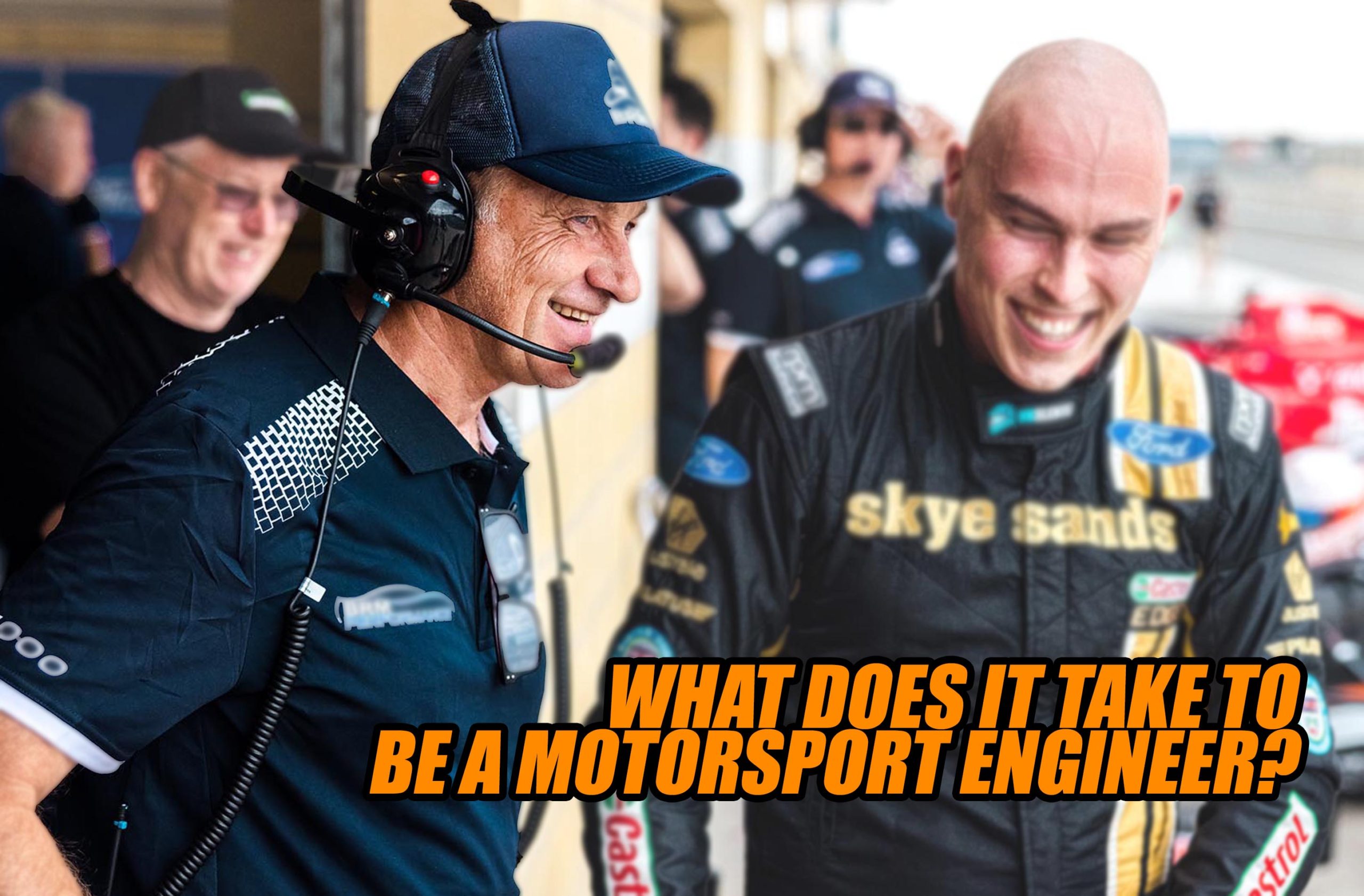
In our continuing series of motorsport ‘How to’ interviews, this week we profile one of the key people behind the headset, engineering drivers to raving success. Currently working for Team BRM in S5000, today’s story is about the well-travelled Marcus Koch.
Behind every professional motorsport athlete is a team of backroom staff working to extract their ultimate performance.
It is easy for us to forget these people behind the scenes who help make the success possible for the big-name superstars, who get all the plaudits.
One of the important roles we don’t often see is that of the racing engineer.
One of the most experienced out there in this role is Marcus Koch, who has worked in the industry for 35 years across numerous competitions such as Porsche Carrera Cup, Formula 3, S5000 Australia and Word Series by Renault 3.5, among others.
And Marcus’s ability stretches beyond just race engineering: He has held other backroom roles including that of a motorsport consultant and a technical director for several professional teams.
Marcus emphasized that the people behind the scenes are just as important as those in the limelight behind the wheel.
“Motor racing is about everybody in the team, there is no one who is more important than someone else. Drivers like to think they are, but a good driver knows how to get the best out of the team.”
Having been in the industry this long he has helped numerous athletes achieve success.
But you are probably wondering what exactly does a race engineer do?
“Race engineering is basically about organizing the whole package. From driver to the car and bringing it all together. The technical side, the driver’s side and the mental side with the drivers giving them confidence.
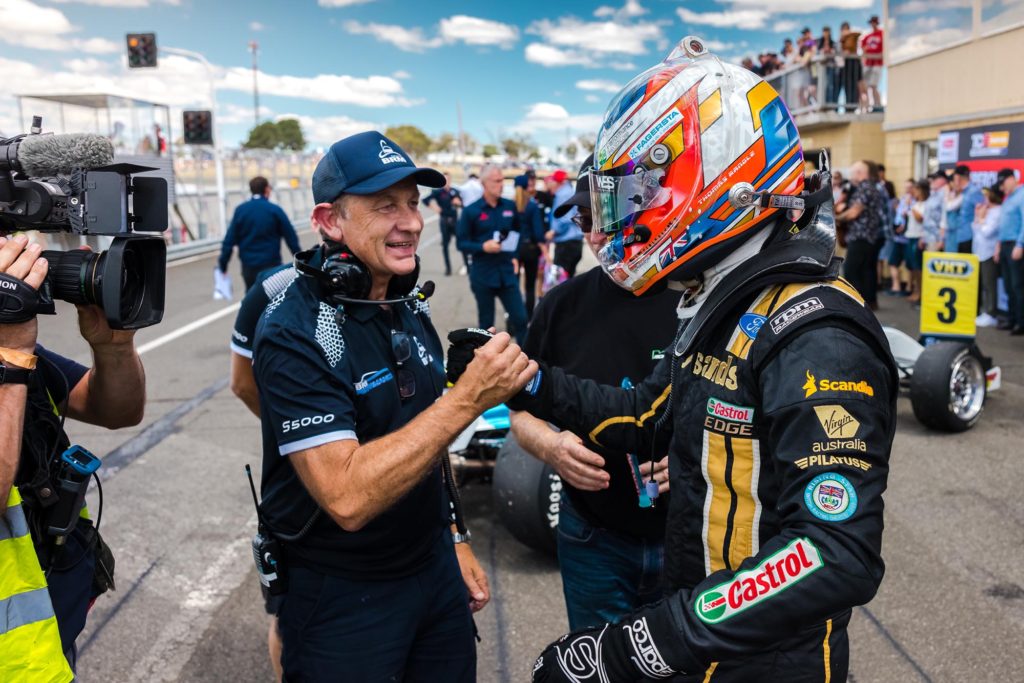
PHOTO: Daniel Kalisz / S5000 Australia
“It’s an all-round package, putting the whole formula together. And putting together a program which brings success,” Marcus said.
“The technical side is not always the most important thing, a lot of it is to do with the psychology of the driver. Getting their trust, getting their confidence and getting the most out of them. So, it does really start with the relationship between the driver and yourself.”
We spoke with Marcus to see how his career in race engineering has been and how to get into the industry.
Marcus’s career
Like most, Marcus aspired to be a race driver and in the early stages of his career, he was.
“I wanted to be a race driver and basically I started out by running my own cars in Australia and spent a year in Formula Vee. Then I went to Europe and ran my own cars in Formula Ford, and I got to the point where I just didn’t have the finances to keep going,” he explained.
“And then I started out doing mechanic work and just helping people out and then working for race teams.
“For me I was very lucky because in the early days as a mechanic you ran the car. You basically did everything, you did all the changes and that sort of thing and for me that morphed into engineering.”
And as hard as it is to believe, one of the best in the industry said he doesn’t actually have an enormous amount of engineering experience in his pre-motorsport background.
“My engineering experience is quite limited, I actually worked in oil and gas rigs to earn money to go racing. And I was fortunate to work at Santos, so I was involved in the startup of a lot of oil and gas production plants and commissioning of them.”
But because of that, “I was working with a lot of engineers, that was the first thing I knew about engineering full stop.”
“I was just lucky enough to work with a lot of good engineers and learn the processes and how to go about things. So that was my engineering background,” he said.
“Today most guys come through university with engineering degrees, but I was just very fortunate at that time that I could transfer straight from the mechanic side of things, because I had gained a lot of experience making changes to cars and just doing it.
“In the early days we used to do a lot of running. We would be testing every week, so we actually got a lot of experience from being at tracks and actually making changes to cars.”
And of course, Marcus had a little bit of luck on his side.
“(it was) Right place at the right time,” he said.
“I went to a part of England when I was driving which was very big in motorsport with big teams, and I was fortunate enough to start my career with those people.
“And when you are with the best teams, you end up running the best drivers. And the only way is down then because all you can do is mess it up. Because if you have a good driver, they can work with anything.”
Advice for making it in the industry
Like any profession, experience is key.
“You just gotta get out there and do it.”
“A lot of guys in engineering they ask, what should I do?”
“You have to actually go to teams and be at the doorstep and say can you give me a job? Or can I be involved in some way and just get your foot in the door, that’s the main thing. And then once you are in, if your any good at all, most teams will pick you up,” Marcus said.
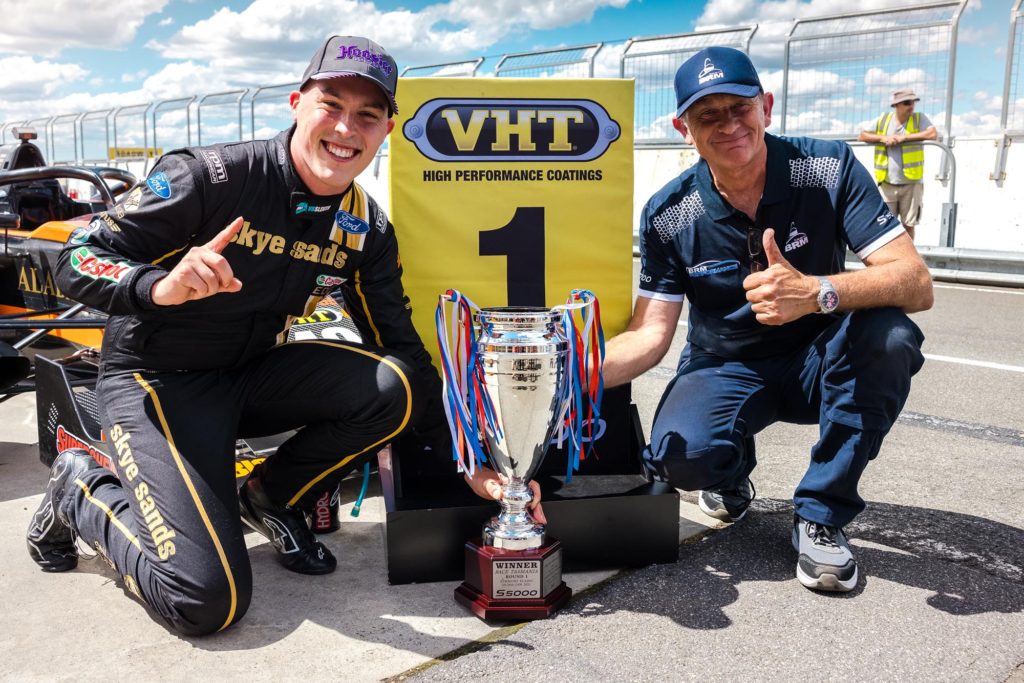
“But it is hard to get your foot in the door. Most teams want to see something special in you. You need to be willing to go out of your way to be there. Turn up introduce yourself offer to do anything available and that’s how it starts.”
The industry has evolved a lot over the years. But Marcus entered the profession as things were becoming more technical, which allowed him to adapt with the times.
However, he fears some are too hooked to screens.
“A lot of the stuff I did in Europe at the end was with guys coming out university, and for them they lacked the actual doing it and understanding,” he said.
“Most of them seemed to think it’s all on the computer, and for me its teaching them that they have to know the practical side of it. And the psychology side of it is so important. They need to trust in you, believe in you and that’s something you have to learn to do.
”It’s not just the driver that needs to trust you, the mechanics have to trust you, everyone in the team has to believe in what you’re doing. You need to have a very good relationship with everyone. It’s a team effort.”
Marcus also recognized the importance of networking, which he emphasized is more important nowadays. But he also believes his experience as a driver was extremely helpful in his career, and can be for those looking to get in.
“Ideally to have driven (cars) is a great asset because you understand the mentality of it. But its so hard to get that experience because of the cost.
“I would say in that case don’t be afraid to get out and do some mechanic work. Just so you understand that side of it, and so you understand what everything does.
“You can learn all about it on a computer and see it all on the screen and everything else, but to actually see it work is a very big benefit. Because I find that these days, I can look at something and you can know if it is going to work, without having to think too much about it. That comes from understanding the mechanics side of it and I think that’s quite important.
“Having the engineering background as well as driving I think is ideal, because you can put yourself in the shoes of the driver which helps because it’s such a big thing, the psychology of the driver.”
Perks of the job?
Like the previous people we have spoken to in this series, it is no surprise to learn that Marcus has worked with some of the biggest teams and names in motorsport.
“I’ve been lucky with drivers, people like Carlos Sainz Junior, Jack Aitken, Roberto Merhi, all guys who have gone into Formula One,” he said.
“Tom Randle, I’ve spent a lot of time with him. In Australia I’ve also spent time with Dale Wood, in my early days people like Barrichello I worked with, it just goes on and on.
Marcus also expressed how much freedom freelancing has allowed him: So much so he took this call while at the beach before going for a surf!
But another reoccurring perk that he mentioned was the ability to travel.
“You get to travel a lot and it’s all paid for, and you have fun! When I was young it was you work hard, you play hard. And you can do that as a young kid,” he said.
“There’s nothing like getting to travel all over Europe and around the world, just enjoying yourself.”
“I’ve had a good life out of it. Because I’ve travelled all over the world, I’ve been able to prioritise my time where I wanted to, and the only thing I need to do in person nowadays is be at the race track for a race meeting,” Marcus said.
“It is a very, very good life. Could not ask for anything better.”



